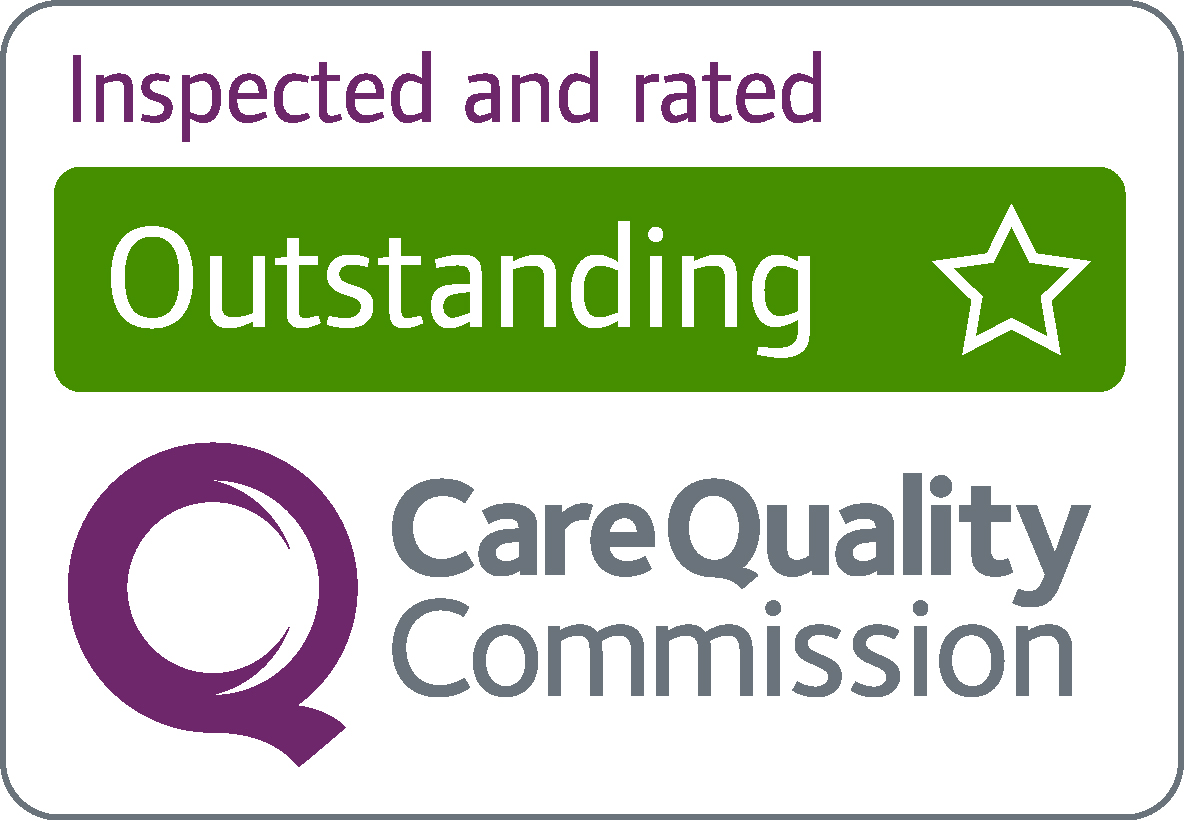Research Studies
Do you know we are a research active GP Practice site?
What is Research?
- Research is an investigation that seeks to establish facts and reach new conclusions.
- Clinical Research can also be called a Clinical Trial or a Clinical Study
- Clinical trials are research studies that involve people.
- They test how well particular treatments work and whether they are safe.
Clinical trials are designed to answer the following main questions:
- Does a treatment work?
- Does it work better than other treatments?
- Does it have side effects?
What is Primary Care Research?
- Primary Care Research is community based.
- It can include research that takes place in GP Surgeries, dental practices or pharmacies.
- Primary Care Research aims to improve care options and enable future changes to primary care and services.
Other Types of Research
Not all clinical trials involve drugs or treatments. They could also involve:
- Interviews
- Questionnaires
- Advising a research team
- Participating as a healthy volunteer
Benefits
- Clinical trials aim to improve the health and quality of life for patients.
- Without clinical trials there is a risk that treatments do not work or could be harmful to patients.
- You can learn more information about your condition and how to manage it.
- You may get access to a new drug or treatment that is only available through a trial.
- You may get faster access or more specialised care.
- You can help support medical science and increase our knowledge of conditions and treatments.
Additional Information
- All research studies are reviewed and approved before they begin.
- Full details of a study and what this means for you will be provided if you agree to be a participant.
- All participation is voluntary. You can withdraw from a study at any time.
What does this mean for you?
This could mean that you are invited to take part in research which might happen at the practice or it could be at a local hospital.
If you agree to take part, and the choice is yours, you will be contributing to advances in treatments, interventions and understanding of diseases.
You will also be paid any expenses you experience from being involved.
Quotes from patients in this area who have been involved in research:
“Could help people in the future.”
“I thought my researcher was friendly and made me feel comfortable. I like to think I would be helping other people with depression by taking part”
Why does the practice think this is important?
It shows our commitment to good quality care and how that might be improved.
It enables the practice to have access to opportunities for patients and sometimes training for staff which otherwise we would not have and through this we are offering a better service to patients.
If you are interested in finding out more information please contact the surgery on 01661 839370.
Studies we are currently involved in:
TWICS – COPD study
DIRECT – The study will compare the long-term health effects of the current best-available Type 2 diabetes care with those of a low-calorie liquid diet followed by long-term weight control.
NOTEPAD – To evaluate the effectiveness and reliability of a new device in correctly detecting arterial disease.
More information on research can be found on the National Institute of Health Research (NIHR) website.
More information about research in your area can be found at the Making Research Better website and more information about Primary Care research can be found here.
This practice records information about you, your health and your treatment so that you receive the right care. We record this information so that it is available each time we see you. We have a legal duty to keep the information we record about you confidential.
The information recorded about you may also be used for reasons other than your personal care, for example, to help to protect the health of the general public, to plan for future services, to train staff and to carry out clinical and other research.
We are involved in research that requires access to computerised information from patients’ notes. You cannot be identified from these notes by non-practice staff as all personal details (name, address, postcode and full date of birth) are obscured and protected using a computer process called pseudonymisation. Individual patient records are added into a much larger pseudonymised database from many patients across the UK, which is then used by NHS research staff outside this practice. These data may be linked to other data such as hospital data.
If you would like to opt out of this data collection and processing scheme, please let your doctor know and your data will not be collected for use in research. This will not affect your care in any way.
If you have opted out of Summary Care Record and/or Care.Data Service, your records will be coded as such and data cannot be collected for use in research.
If anything to do with the research would require that you provide additional information about yourself, you will be contacted by your GP to see if you are willing to take part; you will not be identified in any published results.
You have a right of access to your health records. If at any time you would like to know more, or have any concerns about how we use your information, please ask reception for more details.
EVERYONE WORKING FOR THE NHS HAS A LEGAL DUTY TO KEEP INFORMATION ABOUT YOU CONFIDENTIAL

